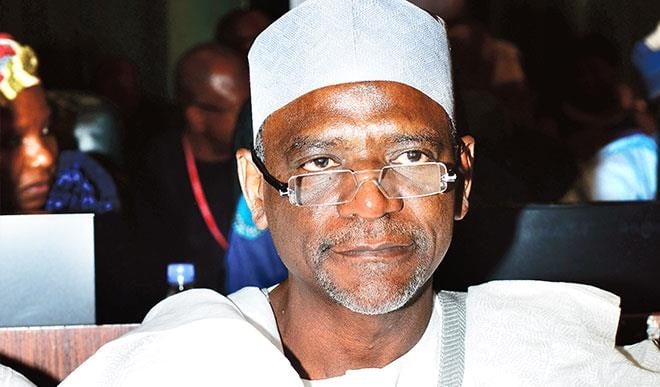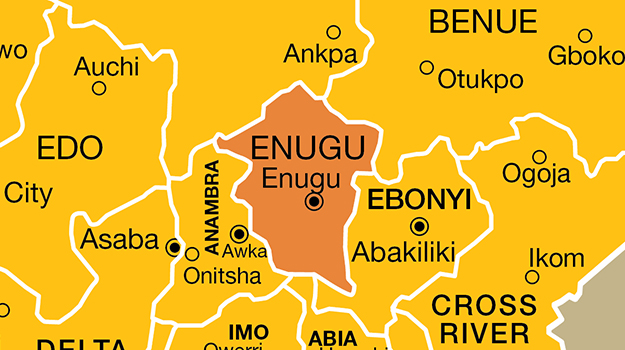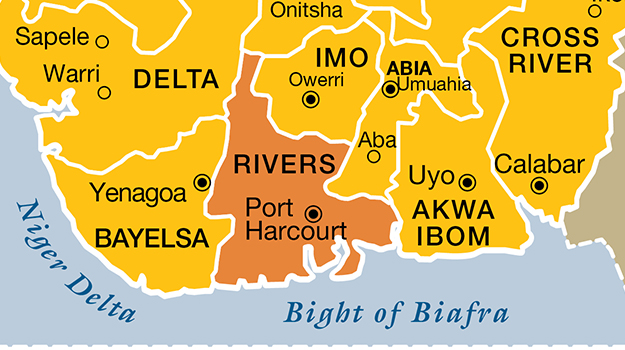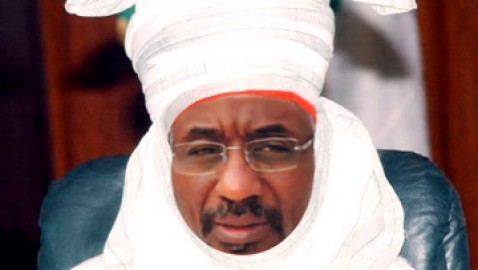BY BABATOPE FALADE
The National Policy of Education of 2008 documents the efforts that government at the federal and state levels intend to invest and are investing to ensuring Nigeria is a literate country.
The document also depicts the structure, framework and responsibilities for education administration in Nigeria. Notably, the levels of education, professionals, planning mechanisms and governmental framework was clearly spelt.
Unequivocally, the Nigerian constitution provides the primary legal framework for the operation of education in Nigeria. The framework includes the federal, state and local government to participate in the discharge of educational responsibilities.
The second schedule, Part II, Item 3 of the constitution places education in the concurrent list in which both the federal and state governments can engage concurrently.
Advertisement
The responsibility of the Federal Government is discharged through the Federal Ministry of Education, those of the 36 states of the federation by their respective state ministries of education and the 774 Local Government Areas (LGAs)via the Local Government Education Authorities. The FCT is run by the FCT education secretariat.
The National Council of Education (NCE) is the highest body for determining and providing education policy directives. It comprises the Federal Minister for Education and the State Commissioners of Education.
The NCE is technically serviced by the Joint Consultative Committee on Education (JCCE) which is made up of professional officers of the federal and state ministries of education and their parastatals.
Advertisement
Education in Nigeria is structured into:
- Basic Education– This is given to children aged 0-15. It covers early childhood education (0-5) and 9years of formal schooling
- Post Basic Education of 3years in senior secondary schools and technical college; and
- Tertiary Education provided in Colleges of Education, Polytechnics, Monotechnics and the Universities.
The National Policy on Education made a lot of deference in its original thinking to the NEEDS strategy, 7 points agenda, Education for All initiative and Millennium Development Goals. It also appreciates the free basic education enabled by the Universal Basic Education Act.
While various part of the structure and policy bodies listed highlight the need to develop soft skills (cognition, literacy and numeracy), entrepreneurial and vocational skills required to contribute meaningfully to the development of society, foster unity and self-reliance for the average Nigerian citizen.
There were bits of appreciation of the role of ICT’s, technology and vocational industry through the Vocational Enterprise Institutions in the document also. However, the perennial problem is funding of these proposals, as well as the political will to see them through.
Advertisement
There is also a lack of alignment with concrete strategic plans of the government to drive a knowledge economy for Nigeria. The document appreciates the role of a knowledge-based economy, but in few lines, just like other documents such as the Vision 2020 and National ICT Policy draft of 2012.
The policy document is not precise in a manner that shows that it can augment knowledge economy plans. It shows we want to touch on everything as necessary with a lack of measurable knowledge economy goals that align with our long-term strategic goals for industries where we want to play comparatively.
What are the needs and aspirations of Nigeria for the knowledge in concrete terms? This document reflects that such exist, but it appears open-ended because we probably don’t have one.
A provision in section 87c states that, in pursuance of these goals, government shall;
Advertisement
Encourage technology education institutions to conduct applied research relevant to the needs and aspirations of the nation.
This is good to note, however, the government needs to put a knowledge economy plan in place where specific industries will be outlined and given benchmarks in terms of new knowledge they should create and what year of target is highlighted for Nigeria to start making money from such new knowledge. This is particularly instructive for the official provision made for Vocational Enterprise Institutions and industries under same provision.
Advertisement
The component industries in the Vocational Enterprise Institutions under section 48 are:
- Adire, Aso Oke
- Godo Mats, Drums
- Welding, Sheet Metal Work
- Electrical Wiring
- Motor Vehicle Repair
- Electrical Wiring
- Construction (Plumbing, Painting, Bricklaying, House Wiring, Electrician etc)
- Catering
- Performing Arts (Dance, Drama, Film Production, Media etc)
- Agriculture
- Art
I believe that with dwindling oil revenues, it’s time to take education at all levels within the structure provided more seriously. Seriously in this case implies that the affairs under these education dispensed should be geared towards wealth creation. We must have a global mindset in achieving this. Currently, we simply take western materials that are imported to make of these things locally. This increases our import bill in the long run.
Advertisement
While I appreciate challenges with power, I am confident that power cannot deter a spirit of excellence to creating new knowledge with an ultimate mandate of monetizing such knowledge.
The official standard to take part in the Vocational Enterprise Institute is completion of 3years of secondary school, however, there are many kids out of school. There should be an alignment with mass literacy programmes for this people and the vocational education. Nigeria currently makes do with the services of Togolese and beninoise for tiles and other finishing work in new residential and commercial real estate projects.
Advertisement
We currently have a housing deficit of 17million housing units. Imagine all of the value adding jobs done by foreigners because we have a shortage of them. Everyone wants to ride Okada and Marwa or some other less value driven jobs.
In summary, I implore that the government and National Council of Education (NCE) consider the following:
- Get a Knowledge Economy Plan in place. South Africa has one which outlines specific industries where they want to play. The have highlighted bio-diesels, bio –technology and catalytic industries which is reflective of their mining industries.
Nigeria can do a better job in terms of scope and selection of sustainable industries.
- High value must be the primary concept informing their job in education curriculum and administration. In a global economy, value always takes the cake. Policies must always drive not just literacy and numeracy en masse, they should primarily border on high value creation across all sectors.
- The NCE should find a way of identifying and publishing industry needs for knowledge. This can be done by analysing the value chain of new entrants and existing companies. Top tier companies that generate most revenues should be primarily looked into, while industries that provide jobs for most people should also be assessed should there be constraints in measurement.
- Computer Education must be made compulsory in our constitution . A minimum requirement for all schools for computer laboratories and programmes must be established. Private schools and Public schools may have different requirements.
- The Federal Government should give incentives to companies that sponsor knowledge economy related activity as CSR. There should be a categorization of this activity. building classrooms is cliché and bland. Sponsoring high value Science, Technology, Engineering and Mathematics related activity
- Government should avoid sabotage of knowledge industries by charging huge entry fees, like in the case of telcos. Japan is an advanced market in mobile technology because little no money was charged for licenses. However, agreements where reached to increase penetration of the technology and devices in record time. The rest is history.
Over 60% of Nigerians are under 24. That number can either be a burden or blessing. We need to make every citizen count. We need high value citizens, we need a high value knowledge economy.
Falade, a Development Communication Consultant, is the Founder of Knowledge Economy Africa.
Follow Twitter: @topefalade │ Facebook: Onikoyi Falade Babatope │LinkedIn: Babatope Falade
2 comments







Thi is very interestet article we need it so much tank u
Well constructed. This will aid my research work on the national policy.